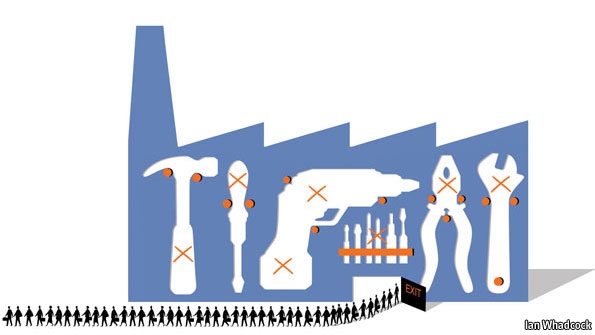As you may have heard, the Supreme Court of the United States (SCOTUS) has upheld the constitutionality of the recent health care legislation. I won’t attempt to delve into the legal issues on which the opinion pivoted (see here maybe), though I will tell you that Chief Justice John Roberts in writing for the majority seems to have sent a Bronx cheer in the direction of the economics profession.
Congress already enjoys vast power to regulate much of what we do. Accepting the Government’s theory would give Congress the same license to regulate what we do not do, fundamentally changing the relation between the citizen and the Federal Government.
To an economist, perhaps, there is no difference between activity and inactivity; both have measurable economic effects on commerce. But the distinction between doing something and doing nothing would not have been lost on the Framers, who were “practical statesmen,” not metaphysical philosophers.
Funny, I’ve always placed myself in the practical statesman camp. I’ll have to think about that one.


